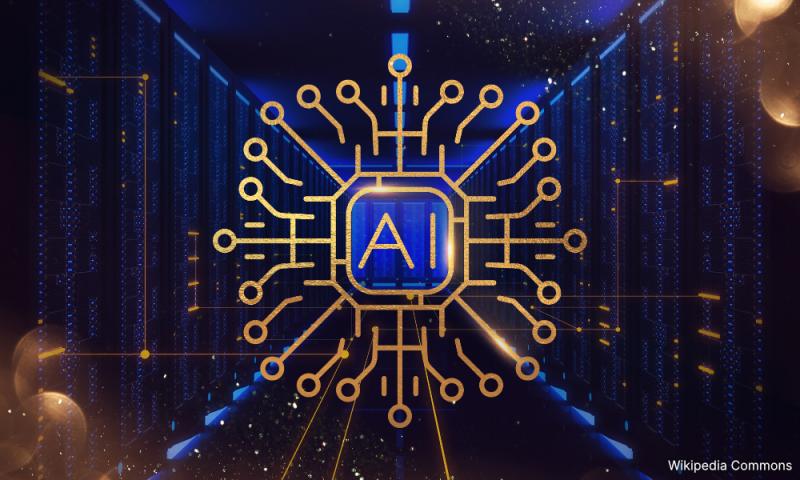LETTER | AI in language teaching and learning - friend or foe?
LETTER | The use of artificial intelligence (AI) in this modern era is inevitable. It has spread its wings through various fields, including education, due to its flexibility and abundant potential.
AI has the potential to transform teaching and learning processes, making them more efficient, personalised, and engaging.
In language teaching and learning, there are many ways to utilise AI to enhance and improve the process of teaching and learning.
However, with it comes a set of challenges and criticisms. To fully benefit from it, the challenges and criticisms must be taken into consideration while exploring its full benefits.
Among the criticisms of the use of AI in language teaching and learning and their possible solutions are:
1. Dependence on technology
As easy as life can be made because of AI, students may become overly reliant on it, hindering their ability to think critically and solve problems independently.
This is where the role of the educator is crucial. We need to emphasise that AI is just a supplementary tool rather than a replacement for traditional learning methods.
We have to encourage students to use AI for idea searching, practice, and feedback, and we must also engage them in activities that require critical thinking and human interaction, such as group discussions and debates.
2. Lack of human interaction
Using AI excessively might reduce face-to-face interaction and the development of interpersonal skills. Some students might be more comfortable using AI compared to having normal conversations for brainstorming and discussion.
As educators, we need to balance AI-based activities with collaborative projects and classroom interactions.
AI should be used to speed up some parts of teaching and learning activities so that the extra time can be used for more meaningful, interactive teaching moments rather than replacing human interaction.
3. Incorrect information
It is true that AI can sometimes provide incorrect information, leading to misinformation or users getting and using false information in their work.
As bad as it seems, this can actually be a teachable moment for our students. Aside from teaching students how to use AI in finding information, we can also teach our students to critically evaluate AI responses and cross-check information with reliable sources.
This is a crucial skill for them not just in their study but also in the real world outside academia.
We can also discuss the limitations of AI and the importance of recognising false information and questioning AI outputs.
4. Quality of interactions
Among the popular criticisms towards the use of AI in language classrooms is that the interactions might be impersonal and less engaging compared to human interactions, or “like talking to a robot” kind of interactions.
This is concerning, especially in language classrooms where authentic and genuine interactions are vital in developing students’ language abilities, especially listening and speaking skills.
To mediate this, we should teach our students to use AI only for specific tasks where it excels, such as grammar checks or vocabulary practices and reserve more personal and engaging activities, like discussions and debates, for human interaction.
In conclusion, the integration of AI in education, including ESL classrooms, presents significant opportunities for enhancing teaching and learning experiences.
By proactively addressing the challenges it brings and maintaining a balance between technology and human interaction, educators can utilise AI to create a more personalised, efficient, and engaging educational ecosystem.
Our students are the students of this era; therefore, the old ways might prove less efficient for them.
Educators nowadays have to be ready to change their ways for the better. There is no place to be stubborn and too hung up on the old ways and ideas in teaching and learning.
“The illiterate of the twenty-first century will not be those who cannot read and write but those who cannot learn, unlearn, and relearn.” - Alvin Toffler.
The views expressed here are those of the author/contributor and do not necessarily represent the views of Malaysiakini.
RM12.50 / month
- Unlimited access to award-winning journalism
- Comment and share your opinions on all our articles
- Gift interesting stories to your friends
- Tax deductable
